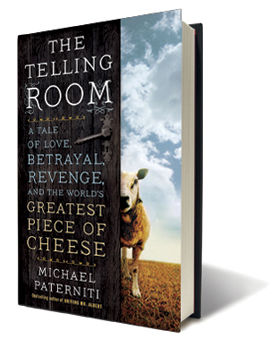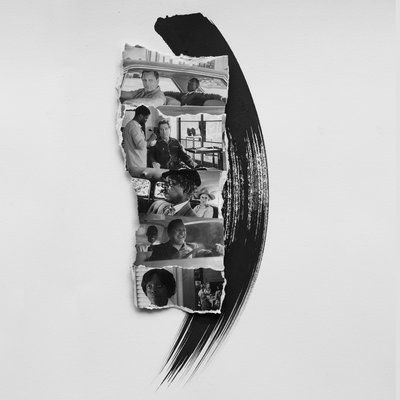The True Story of Lee Kuan Yew’s Singapore
The Western student of international politics knows to nod approvingly when Lee’s name is mentioned. Frustrated by the sludge of partisan politics in his own country, he sees in Lee’s legacy a kind of exotic escape. If asked, he remarks sagely: Singapore is proof of what enlightened authoritarianism can achieve.

